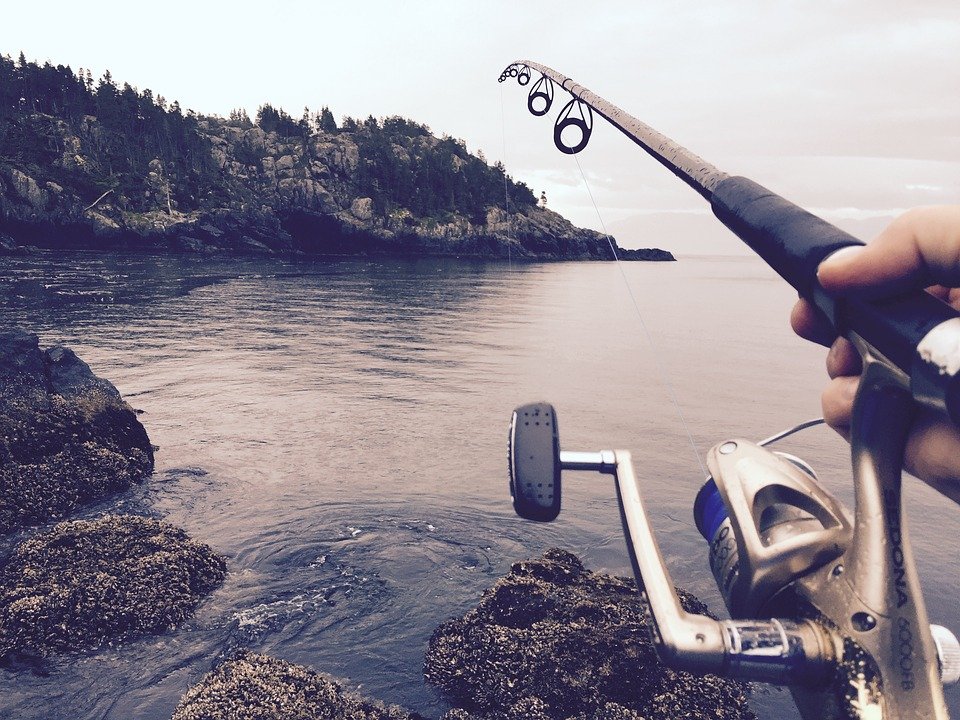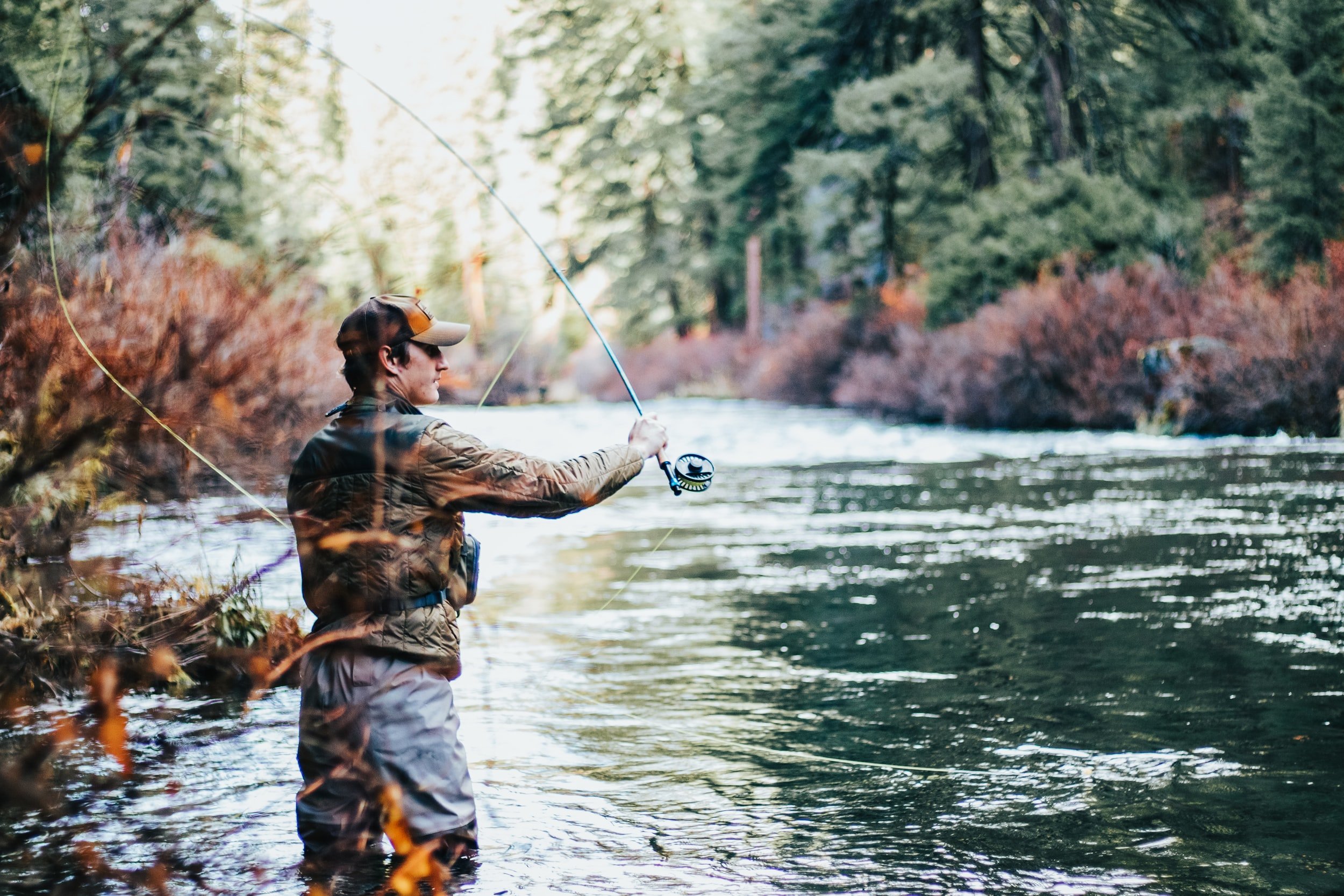A Beginners Guide to Spinning Reels for Bass
Photo by: Ultimate Bass
Spinning reels seem to be the best choice for beginners compared to its counterpart the baitcaster. There may be many reasons for this, but most importantly, spinning reels don’t have the learning curve of casting reels; hence they are easier to use. However, beginner anglers face the challenge of picking the best spinning reels, especially for those who have had no prior experience using one. In this guide, I want to highlight some useful hints to help make the right choice for a new spinning reel. The follow is a beginners guide to spinning reels.
Beginners Guide to Spinning Reels – The Reel Body
There are two materials used for the housing of reels: aluminum and graphite. Some reel designs have both. An aluminum housing is stronger than graphite; however, graphite is inherently lighter. When choosing a spinning reel, its necessary to consider whether strength or weight is more important.
The type of environment also determines the type of reel. If fishing in freshwater, aluminum would be the best. For the best saltwater spinning reels, graphite is a better choice since they possess high resistance to corrosion. However, both will work in either situation
While choosing spinning reels, it’s better to go for those with fewer parts and solid construction. Watch out for flimsy or loose parts. All parts should work smoothly and freely without any resistance.
Beginners Guide to Spinning Reels – Reel Size
One important factor to consider is the reel size. Typically, the size of the reel is found on the reel’s body or on the product information and details page if shopping online. Anglers should determine the size of reel needed by the size of fishing line being used. The lighter the fishing line, the smaller/lighter the spinning reel.
If fishing for smallmouth bass and walleye, on the average I recommend the 8-pound line strength. However, anything rated 6, 7 and 8-pound line will be great. Ensure the reel is the correct size for the pound-test line needed.
Beginners Guide to Spinning Reels- Gear Ratio
The gear ratio is the number of times the bail rotates around the spool for a single complete rotation of the reel handle. For example, a reel rated 5:1 implies the bail rotates around the spool five times for every complete rotation of the handle. Typically, the higher the ratio, the faster the retrieve speed (the amount of line picked). Reels with a gear ratio of 4:1 is considered low-speed, while 6:1 is considered a high-speed reel. If catching large fish, a moderate reel speed is ideal. Overall, anything in a 5:1 gear ratio is great for beginners.
Beginners Guide to Spinning Reels – Drag system
After hooking a fish, the fish’s resistance to being caught is transferred to the reel through the line. During this fight, the reel will let out line smoothly to prevent the fish from breaking the line. This process is referred to as “drag.” It is necessary to ensure a spinning reel has a smooth drag, otherwise the result is a broken line and a lost fish.
There are two types of drag system: the front drag and the rear drag. These are named by the location of the drag controls. While the front drag system features multiple large drag washers increasing the performance, the rear drag system is easier to access and control. However, when fighting larger fish, the front drag reels perform better.
Beginners Guide to Spinning Reels – Anti-reverse handle
We can’t end this discussion without mentioning anti-reverse. Anti-reverse plays a significant role in the spinning reel. Typically, this feature is responsible for preventing the handle from spinning backwards when fighting a fish and trying to pull off the line from the spool. The anti-reverse system and the drag system works simultaneously.
Spinning reel attributes are endless. As an angler gets more experience in fishing, choices of spinning reels will change. Some advanced anglers prefer baitcasters over spinning reels in most situations. But for beginners, spinning reels would be a wise choice, and this guide provides the helpful steps to start the adventure.


